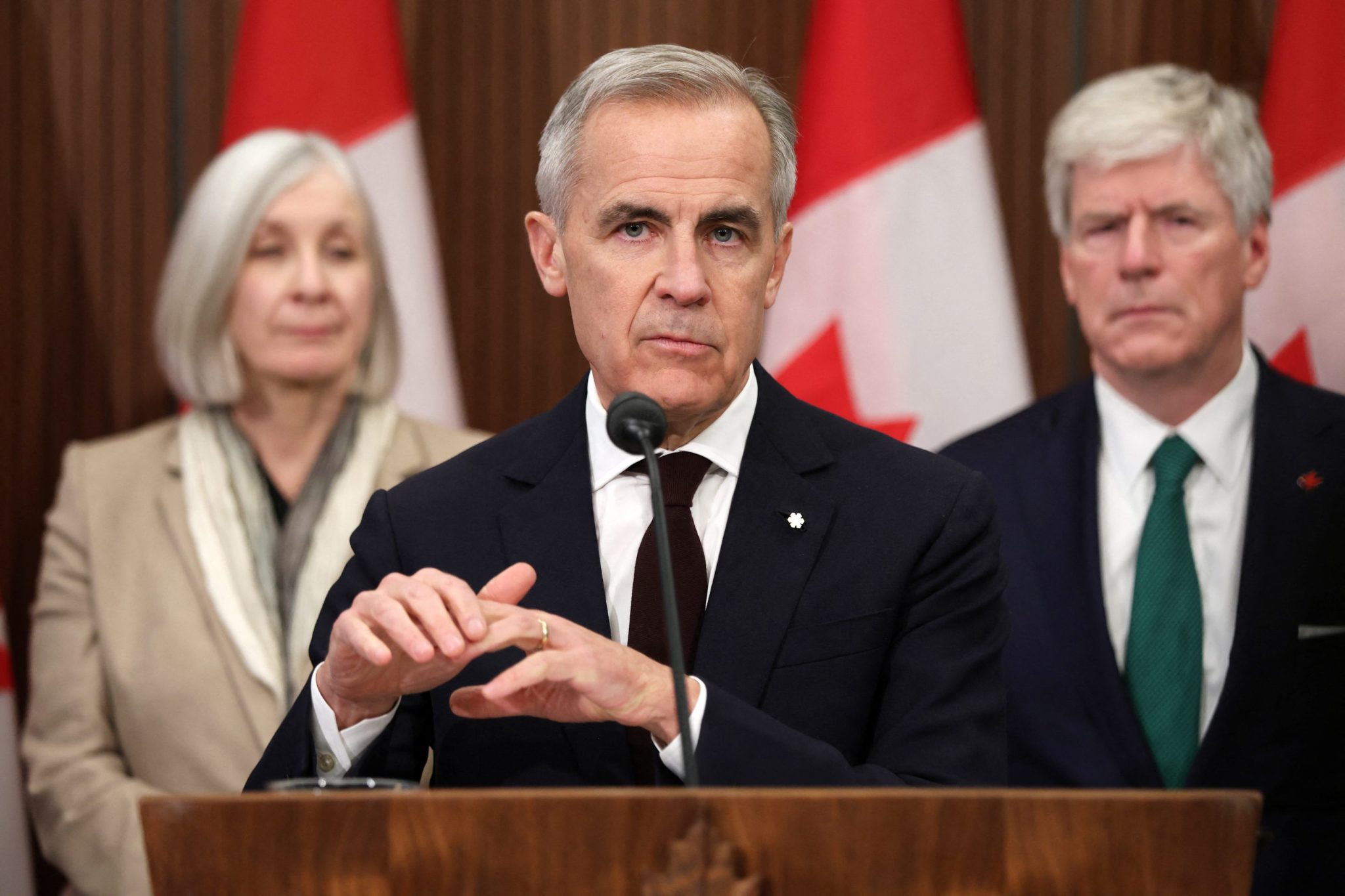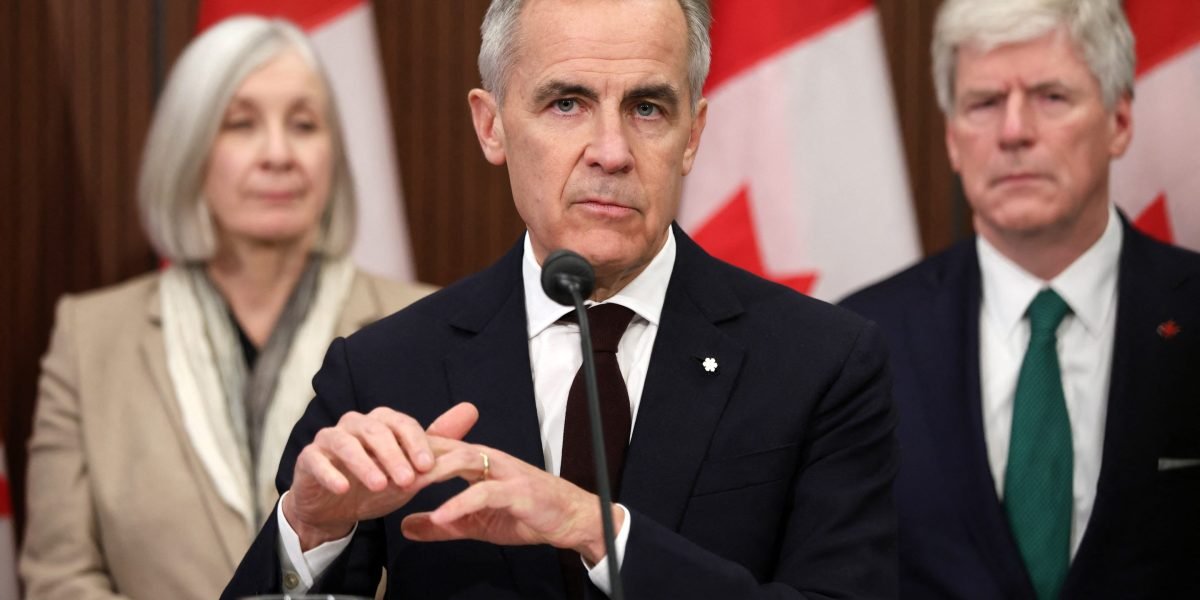
TORONTO (AP) — Canadian Prime Minister Mark Carney and the premier of Canada’s oil rich province of Alberta agreed Thursday to work toward building a pipeline to the Pacific Coast to diversify the country’s oil exports beyond the United States.
The memorandum of understanding includes an adjustment of an oil tanker ban off parts of the British Columbia coast if a pipeline comes to fruition.
Carney has set a goal for Canada to double its non-U.S. exports in the next decade, saying American tariffs are causing a chill in investment.
Alberta Premier Danielle Smith said the agreement will lead to more than 1 million barrels per day for mainly Asian markets so “our province and our country are no longer dependent on just one customer to buy our most valuable resource.”
Carney reiterated that as the U.S. transforms all of its trading relationships, many of Canada’s strengths – based on those close ties to America – have become its vulnerabilities.
“Over 95% of all our energy exports went to the States. This tight interdependence – once a strength – is now a weakness,” Carney said.
Carney said a pipeline can reduce the price discount on current oil sales to U.S. markets.
He called the framework agreement the start of a process.
“We have created some of the necessary conditions for this to happen but there is a lot more work to do,” he said.
Carney said if there is not a private sector proponent there won’t be a pipeline.
The agreement calls on Ottawa and Alberta to engage with British Columbia, where there is fierce opposition to oil tankers off the coast, to advance that province’s economic interests.
Former Prime Minister Justin Trudeau approved one controversial pipeline from the Alberta oil sands to the British Columbia coast in 2016 but the federal government had to build and finish construction of it as it faced opposition from environmental and aboriginal groups.
Trudeau at the same time rejected the Northern Gateway project to northwest British Columbia which would have passed through the Great Bear Rainforest. Northern Gateway would have transported 525,000 barrels of oil a day from Alberta’s oil sands to the Pacific to deliver oil to Asia, mainly energy-hungry China.
The northern Alberta region has one of the largest oil reserves in the world, with about 164 billion barrels of proven reserves.
Carney’s announcement comes after British Columbia Premier David Eby said lifting the tanker ban would threaten projects already in development in the region and consensus among coastal First Nations.
“The pipeline proposal has no project proponent,” he said. “Not only does it have no permits, it doesn’t even have a route.”
Eby said the agreement is a “distraction” to real projects and does not have the support of coastal First Nations.
“We have zero interest in co-ownership or economic benefits of a project that has the potential to destroy our way of life and everything we have built on the coast,” Coastal First Nations President Marilyn Slett said.
The agreement pairs the pipeline project a proposed carbon capture project and government officials say the two projects must be built in tandem.
The agreement says Ottawa and Alberta will with work with companies to identify by April 1 new emissions-reduction projects to be rolled out starting in 2027.





